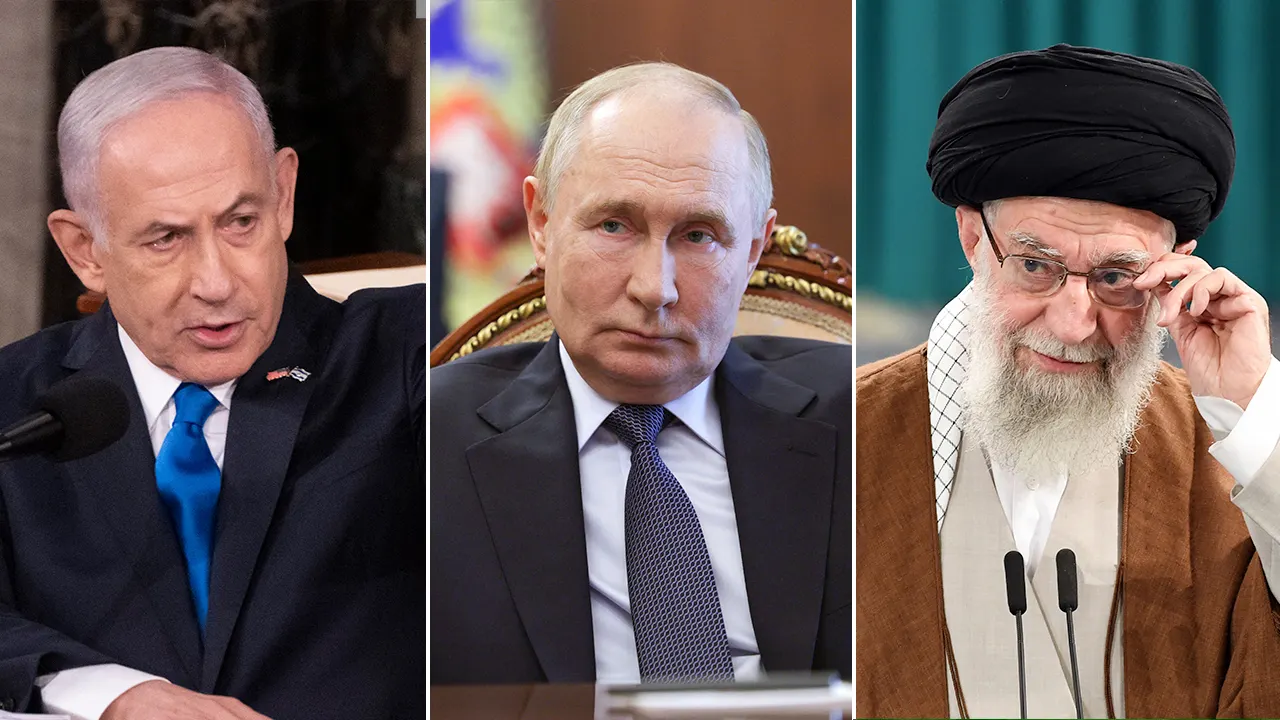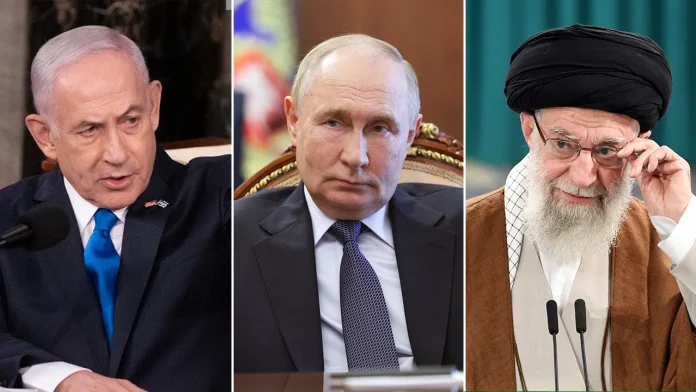
Russian President Vladimir Putin has positioned himself as a potential mediator in the escalating conflict between Iran and Israel, warning that continued hostilities could have devastating consequences for the broader Middle East.
In a phone call on Wednesday with United Arab Emirates President Sheikh Mohamed bin Zayed Al Nahyan, Putin expressed “deep concern” over the intensifying violence and reaffirmed Moscow’s willingness to help broker a diplomatic solution.
According to a statement from the Kremlin, Putin “confirmed Russia’s readiness to provide mediation assistance to promote dialogue between the parties to the conflict.” Both leaders stressed the urgent need for de-escalation, warning that further violence could lead to “extremely negative consequences for the entire region.”
Tensions have sharply escalated since Israel launched a large-scale bombing campaign last Friday, prompting a rapid response from Iran in the form of coordinated missile and drone attacks. The exchange has already resulted in hundreds of casualties and heightened fears of a broader regional war.
Despite its growing military and strategic alliance with Iran—particularly in the context of the war in Ukraine—Russia has also maintained long-standing diplomatic and economic ties with Israel. This dual engagement places Moscow in a rare position as one of the few global powers capable of communicating directly with both Tehran and Tel Aviv.
In recent days, Putin has reportedly held separate phone conversations with Israeli Prime Minister Benjamin Netanyahu and Iran’s newly elected President Masoud Pezeshkian, offering Russia’s services as a neutral facilitator for possible peace talks.
As international concern mounts, Putin’s intervention underscores Russia’s attempt to reclaim a more prominent role in Middle Eastern diplomacy amid a rapidly shifting geopolitical landscape.

 Mzansi xxx
Mzansi xxx
